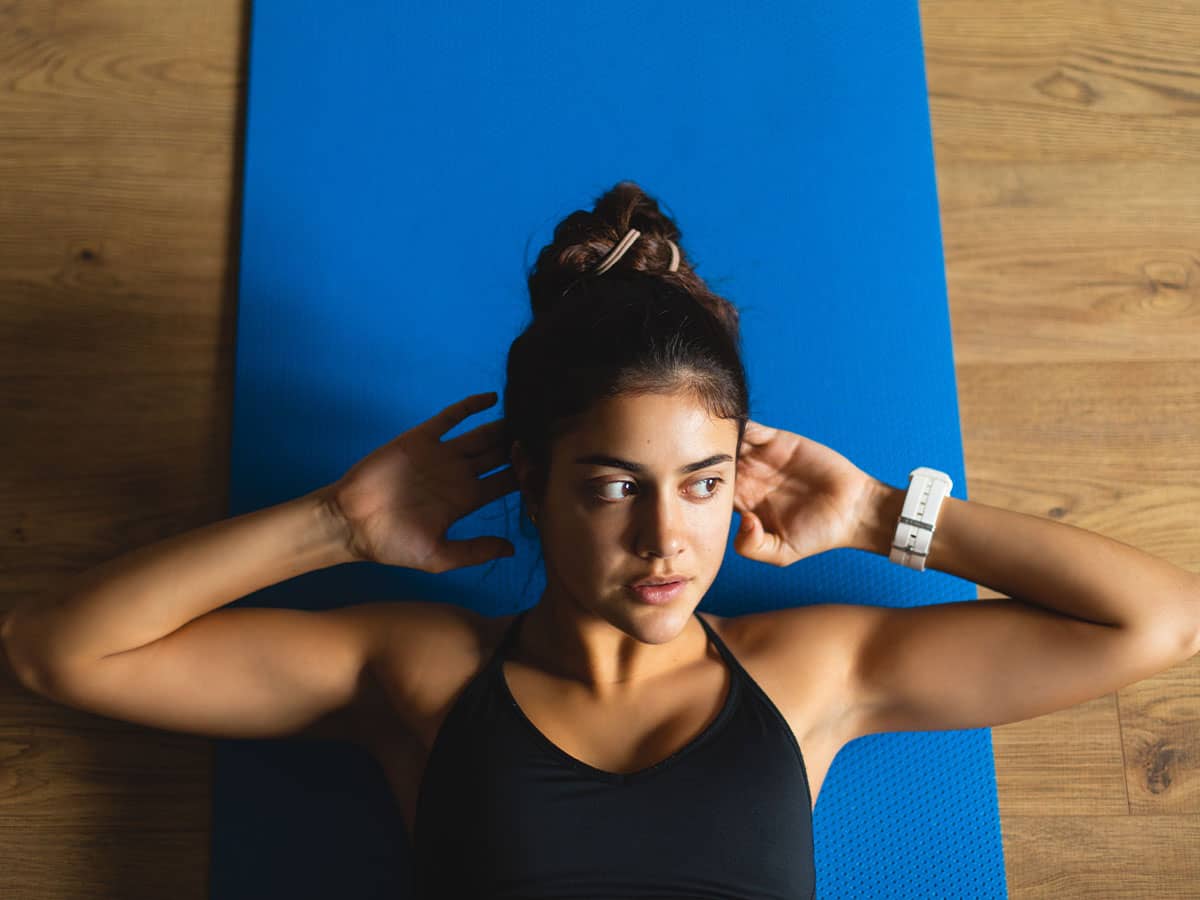
Some anxiety is a regular part of life. It’s an unfortunate consequence of living in a busy world. However, all anxiety isn’t bad. It keeps you informed of any danger, helps you prepare and organize, and is a reasonable risk calculator. Still, it would be best to act before things worsen when stress starts daily. Unchecked anxiety can significantly impact your quality of life.
What is anxiety?
Anxiety is the body’s response to stress. It’s a sense of fear or worry due to numerous factors. Researchers believe these could range from your environment to genetics and brain chemistry. Common anxiety symptoms include restlessness, an increased heart rate, and quick breathing.
Anxiety can differ for different people. One person may feel butterflies in their stomach while another suffers from panic attacks, painful thoughts, or nightmares. That said, there’s a difference between ordinary anxiety and anxiety disorders. Feeling anxious about something new or stressful is one thing. Still, it could be a disorder when it gets to an uncontrollable or excessive point and affects your quality of life.
Some anxiety disorders include post-traumatic stress disorder (PTSD), obsessive-compulsive disorder (OCD), panic disorder, and separation anxiety. Thankfully, you can treat anxiety in numerous ways. The most common treatment option is cognitive-behavioral therapy or CBT, which helps give people tools to cope with anxiety when it happens.
Some medications can balance brain chemistry and prevent anxiety episodes, like antidepressants and sedatives. They may even fight off the most severe symptoms.
However, if you’re looking for more natural remedies to anxiety, there are some ways you can help fight anxiety. You can tweak certain habits, like exercise, sleep, and diet. You can also try something new, like aromatherapy or meditation. No matter your lifestyle, there’s a natural way to help reduce anxiety for everyone.
Cut back on your alcohol intake.
Alcohol is a natural sedative, so drinking can take the edge off initially. However, research indicates a link between alcohol consumption and anxiety with anxiety disorders and alcohol use disorder happening hand in hand. A 2017 study review looking at 63 studies showed that decreasing your alcohol intake can improve depression and anxiety.
Heavy alcohol intake can affect the balance of neurotransmitters responsible for positive mental health, creating an imbalance that can lead to specific anxiety symptoms. Anxiety may temporarily increase in early sobriety but can improve in the long run. Alcohol can also disturb your body’s natural ability to sleep by interfering with sleep homeostasis.
Exercise regularly.
Not only is regular exercise beneficial for your physical health, but it can also positively impact your mental health. In 2013, a study found that people suffering from anxiety disorders who reported frequent physical activity protected better against developing anxiety symptoms. This could be true for a range of reasons.
Exercise can redirect your attention away from something that’s making you anxious. Increasing your heart rate can also alter the brain chemistry to create more space for anti-anxiety neurochemicals, like serotonin and gamma-aminobutyric or GABA. The American Psychological Association believes that regular exercise enhances concentration and willpower, helping specific anxiety symptoms.
This is a matter of a personal preference for what type of exercise. If you’re looking to get your heart rate up, something like a HIIT class, high-intensity interval training, or running would be best. However, if you want a lower impact exercise, workouts like Pilates and yoga can benefit your mental health.
Prioritize a good night’s sleep.
Time and time again, sleep has been an essential aspect of mental health. A 2012 survey concluded that almost a third of adults get less than 6 hours of sleep per night. The CDC advises that adults get seven to nine hours of sleep nightly. You can prioritize your sleep routine by only sleeping when you’re tired, avoiding caffeine before bedtime, and keeping your room dark and cool.
Eating a balanced diet.
Your diet can also impact your anxiety. Dehydration, low blood sugars, and chemicals in processed foods can cause mood changes in some people. A high-sugar diet can also affect your temperament. If your anxiety deteriorates after eating, start by checking your eating habits. Stay hydrated, get rid of processed foods, and eat a balanced diet abundant in complex carbohydrates, fruits and vegetables, and lean proteins.
Quit smoking cigarettes.
In stressful times, the first thing smokers will reach for is a cigarette. Still, like drinking alcohol, taking a drag on a cigarette when you’re stressed is a quick fix that may make your anxiety worse as time goes on.
Research shows that the earlier you start smoking in life, the higher your risk of developing an anxiety disorder later in life. It also suggests that nicotine and other chemicals in cigarettes change pathways in the brain connected to anxiety.
If you’re hoping to quit, there are numerous ways to do so. The CDC recommends that you find substitutes for cigarettes, like toothpicks. You can also find habits that will distract you from creating an environment that works for your smoke-free life. You can also plan with a support system that can give you anything from encouragement to distractions.
Practice meditation.
The primary goal of meditation is to bring full awareness to the present moment, which includes noticing all thoughts nonjudgmentally. This aspect can lead to a sense of contentment and calm by increasing your ability to tolerate all thoughts and feelings mindfully.
Meditation relieves stress and anxiety and is a primary facet of cognitive-behavioral therapy. Research from Johns Hopkins suggests that 30 minutes of daily meditation may alleviate some anxiety symptoms and act as an antidepressant.
Anxiety has a way of crippling your life and forcing you inward. It can make you feel like things are much worse than they are. Remember, home remedies may help relieve stress, but they can’t replace professional help. If you think that your anxiety is worsening, consider therapy or prescription medication. It may be best to talk with your doctor about your concerns and figure out how to move forward.

